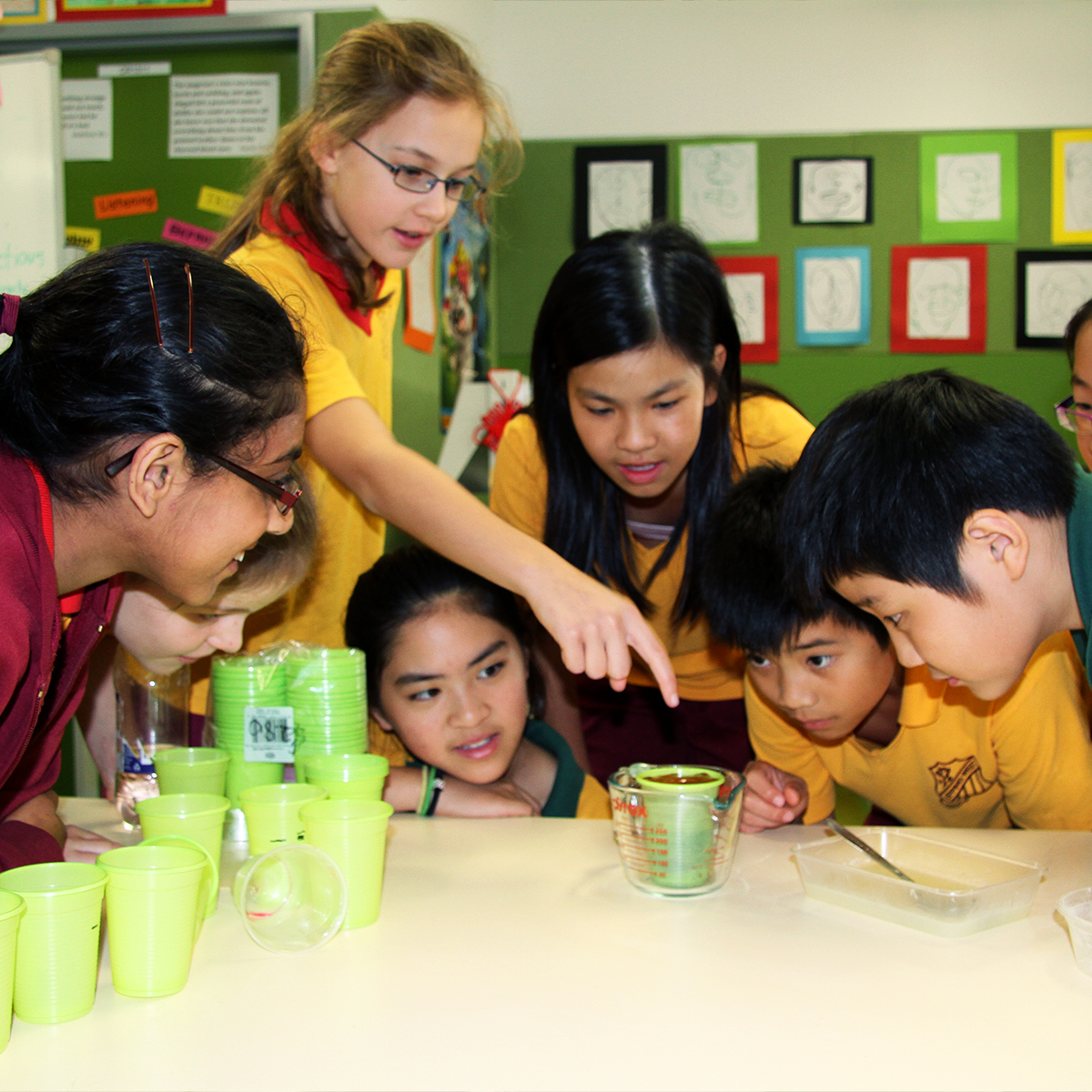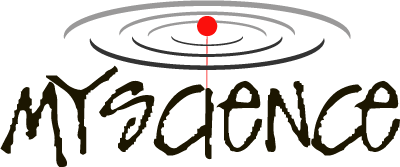MySTic Information
Welcome

Specific Information for MySTics
- As a MySTic (MyScience Trainee in the Classroom) you bring SCIENCE KNOWLEDGE, particularly related to: the scientific method, fair testing, careful measurement, and replication.
- You also bring YOUTHFULNESS and NEW IDEAS. You are closer in age to primary students and through this connection they may respond well to your ideas and suggestions.
- The way that primary students learn and speak about science investigations is at a simpler level than in secondary school. Younger students often need a fair bit of guidance, support and saying the same thing over a few times!
- FAIR TESTING in primary school classrooms uses the acronym: COWS MOO SOFTLY.
- COWS represents CHANGE ONE THING (independent variable).
MOO represents MEASURE SOMETHING (dependent variable).
SOFTLY represents ‘KEEP EVERYTHING ELSE THE SAME’ (controlled variables). - Classroom POSTERS help students to remember what to do such as those at the top of this page.
- You need to INCREASE your personal knowledge of the class theme that underpins all of the scientific investigations that the primary students will be doing. The class teacher determines the theme.
- You will probably be working with 3 – 4 primary students, GROUPED in either pairs or threes. This means that you will be working on 1 – 2 different investigations related to the class theme. Group members work on the SAME question.
- MySTic Roles and Responsibilities are listed in the ‘centre’ column.
MySTic Roles and Responsibilities
- A MySTic (MyScience Trainee in the Classroom) is a Year 9/10/11 student
- UNDERSTAND the steps of the MyScience program
- COMMUNICATE the steps of Working/Investigating Scientifically to primary students
- UNDERSTAND the criteria (e.g. Young Scientist Assessment Rubric) being used to assess students’ work
- BUILD personal knowledge of the science underpinning students’ topic
- WORK COOPERATIVELY with an adult Mentor e.g. your science teacher, and with them, tailor support to meet students’ interests, knowledge and abilities
- MAKE SUGGESTIONS and/or assist students to design investigations that reflect fair testing and scientific method
- SUGGEST to students possible websites and information sources directly relevant to their investigations
- ANSWER questions to clarify students’ experimental design
